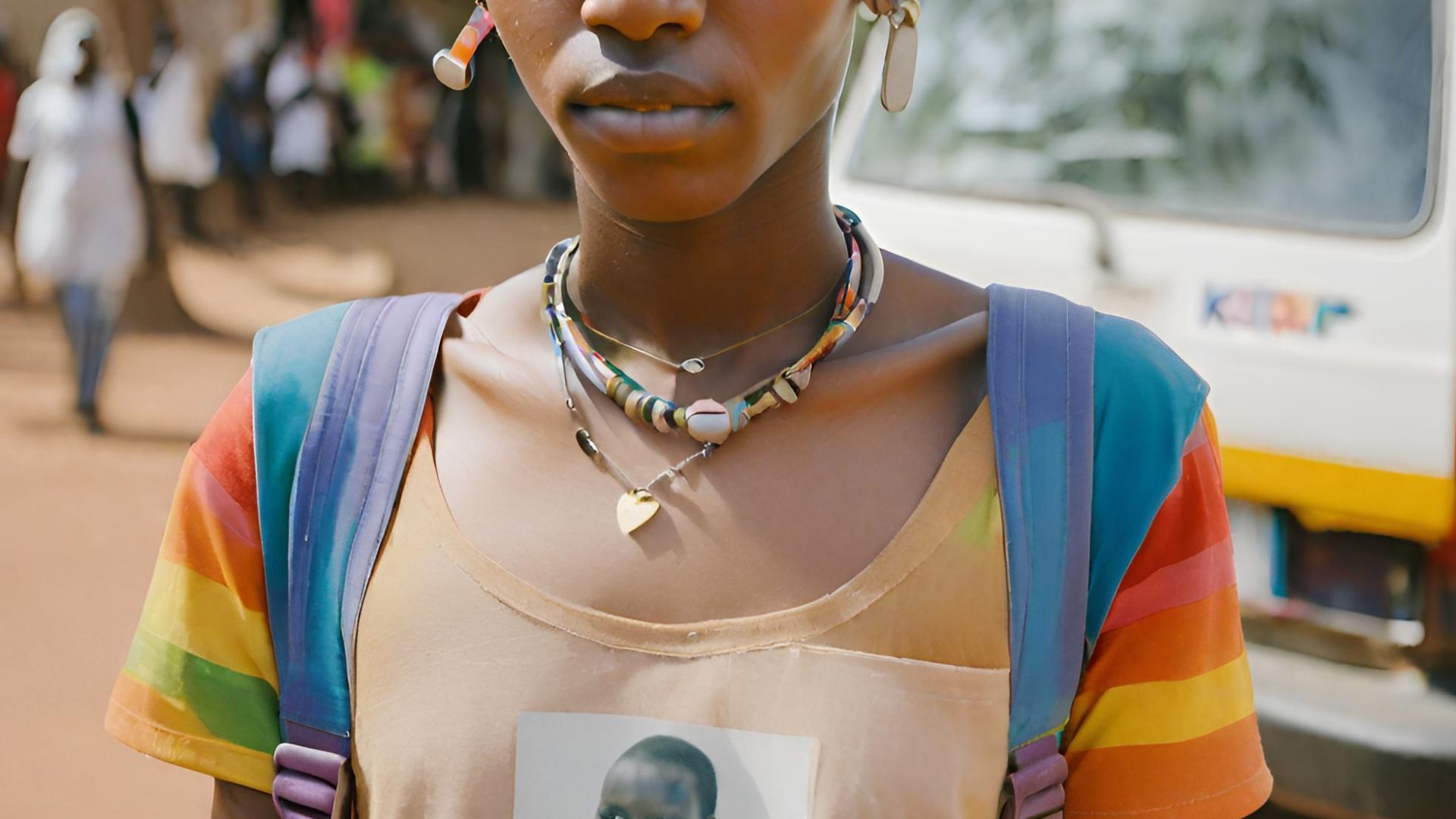Economic Impact of Anti-LGBTQ Laws in Kenya
We delve into the intricate dynamics surrounding the proposed anti-LGBTQ legislation in Kenya, highlighting the economic, social, and international relations implications. The Family Protection Bill, if enacted, could lead to significant economic losses and strained international relations, impacting various sectors of the country’s economy.
ALSO READ : Kenya LGBT Community Rights
Economic Impact of Anti-LGBTQ Laws in Kenya
Kenya stands on the precipice of losing an estimated Ksh4.186 trillion ($28.13 billion) if the government proceeds with the enactment of the Family Protection Bill. This legislation, fronted by Homa Bay Member of Parliament Peter Kaluma, seeks to criminalize Lesbian, Gay, Bisexual, Transgender, and Queer (LGBTQ) practices in the country.
Investor Sentiment and Economic Impact
The potential approval of anti-LGBTQ laws is anticipated to affect investor sentiment adversely. Kenya, a nation heavily reliant on foreign donors, especially the European Union and the USA, may experience a withdrawal of financial support. These donors advocate for the protection and non-discrimination of individuals irrespective of their sexual orientation, as a precondition for their continuous support.
Breakdown of Potential Economic Losses
The estimated economic loss includes approximately Ksh446.7 billion ($3 billion) per year in tangible benefits to Kenya’s economy and development from the US. The European Union’s contribution under the Joint Cooperation Strategy 2018-2022, amounting to Ksh713.2 billion ($4.8 billion), is also at risk. The IMF’s approval of Ksh148.9 billion ($1 billion) in July 2023 could be jeopardized, alongside other financial aids and grants.
Social and Human Rights Concerns
The proposed bill contradicts Article 7 of the United Nations Declaration of Human Rights, to which Kenya has been a signatory since 1963. The criminalization of LGBTQ freedom through discrimination and exclusion not only affects individuals’ mental and physical health but also negatively impacts the national economy.
The Ripple Effect on Education and Labour Force
LGBTQ students face unfair treatment in schools, leading to discontinued education and underinvestment in human capital. Anti-LGBTQ legislations suppress the freedom and capacity of highly educated LGBTQI immigrants to contribute to the economy, leading to reduced productivity and unfair resource allocation.
International Relations and Tourism
Kenya’s international relations stand to be affected, with potential losses in the tourism sector due to negative perception by the international community. The country’s efforts in building resilience to climate change, supported by a Ksh82 billion ($551.1 million) approval from the IMF, could also be undermined.
Conclusion of Economic Impact of Anti-LGBTQ Laws in Kenya
The enactment of the Family Protection Bill poses significant economic, social, and international challenges for Kenya. A holistic approach, considering human rights, international relations, and economic implications, is essential in deliberating on this sensitive issue. The nation’s policymakers are called upon to weigh the long-term impacts against the perceived short-term gains of such legislation.














+ There are no comments
Add yours